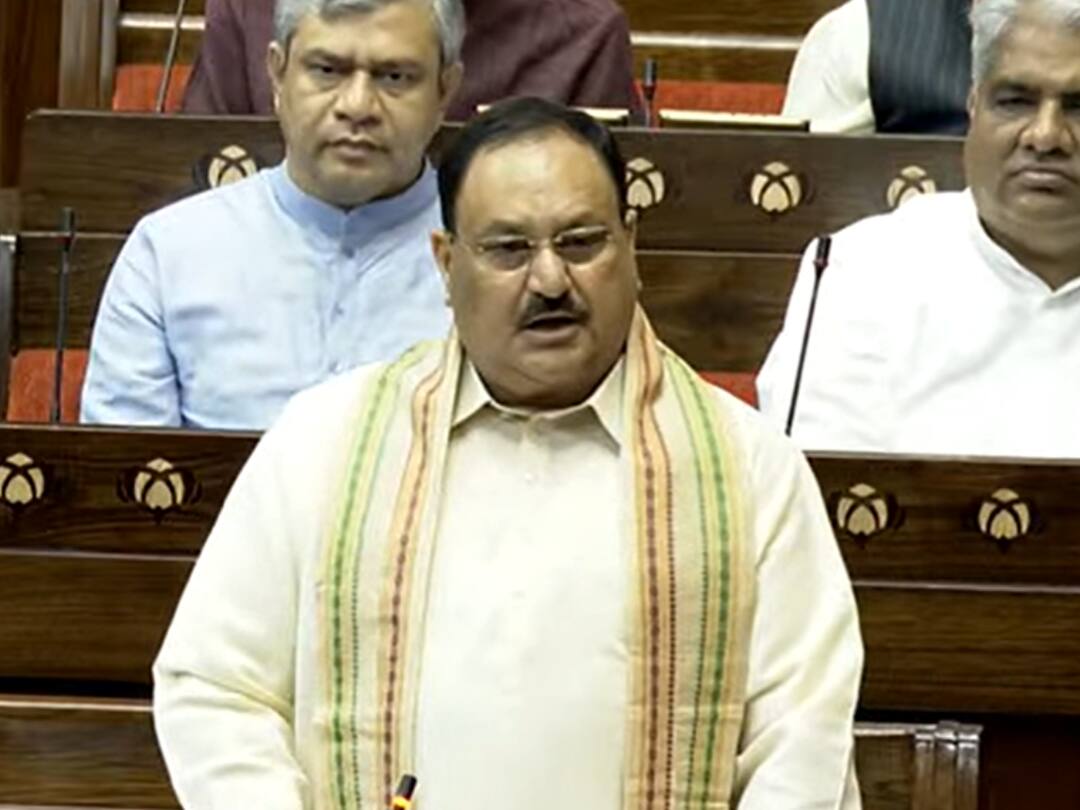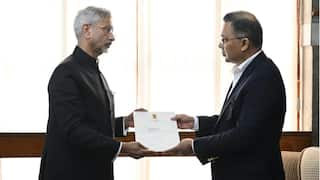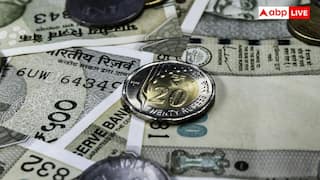‘How Many OBC Secretaries Between 2004 To 2014’: Nadda Says BJP Gave First Backward Class PM
BJP National President JP Nadda said the party had more OBC MPs that total number of MPs Congress has in Lok Sabha

Bharatiya Janata Party MP and national president Jagat Prakash Nadda on Thursday slammed the Congress leader Rahul Gandhi’s claim of three secretaries belonging to the Other Backward Class out of 90 to the Government of India. Speaking in Rajya Sabha on the 128th Constitution amendment bill that would give 33 per cent reservation to women in the Lok Sabha and state assemblies, Nadda said it was BJP that gave the country its first OBC Prime Minister, Narendra Modi. He also appealed to the Upper House to unanimously support the bill.
Without taking any names, Nadda made an apparent reference to Rahul Gandhi and said that the opposition party did not bother about the OBCs during its dispensation.
The BJP MP said that OBC reservation in services was implemented only after the Supreme Court asked for it in 1992, adding that the cut-off for the current panel of secretaries is 1992. He asked how many secretaries from OBC were there between 2004 to 2014 when the United Progressive Alliance (UPA) was in power at the Centre.
Taking a dig apparently at Gandhi, Nadda also said "a leader will have to become a leader" and that taking help from a tutor is not enough.
"They (Congress) talk about the OBCs. We should remember that it was the BJP-NDA that gave India its first OBC prime minister (Narendra Modi)," he said, adding that of the 303 Lok Sabha MPs of the BJP, 85 belong to the OBC category.
The BJP national president said that 27 per cent of the party MLAs and 40 per cent MLCs in the country belong to the OBC category and further said that it has more MPs from the OBC category than the overall strength of the Congress party in the Lok Sabha
Referring to “triple talaq”, Nadda said that the practice is not followed in most of the Muslim dominated countries but was prevalent in India because the opposition party was engaged in “minority appeasement and vote-bank politics.”
Related Video
Breaking News: Delivery Crisis Today, Zomato, Swiggy, and Other Platforms Face Worker Strike





































